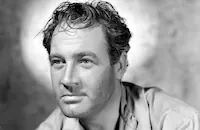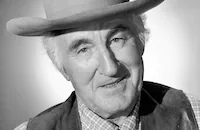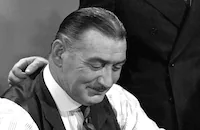Francis plays Vera, a one-time cabaret singer accused of the murder of her former pianist (Basil Rathbone). In flashbacks it is revealed that the pianist had been responsible, through a drunken seduction, for the breakup of Vera's marriage and the end of her career. Years later the pianist returns, now intent on seducing the singer's daughter, who was farmed out for adoption. As Vera sees the scourge of her life closing in on his new prey, her thoughts turn quickly to murder. But, even after her arrest and trial, she bravely hides the real story from her daughter.
Although now seen as a fascinating American rendering of the German expressionistic style, Confession was viewed by audiences of its day as just another Kay Francis melodrama. One of the biggest names at Warners in the early 1930s, she had seen her star begin to wane as dramatic powerhouse Bette Davis came into her own at the studio. Production executive Hal B. Wallis issued a statement: "It is the producer's business to gauge his public; it is the star's business to trust the producer's judgment. Kay Francis is possibly the only star in the history of Warners who has realized this fact and who has been ready to meet us more than half-way." Francis herself said: "Even if it was me the public so kindly went to see, there was a limit to the number of times a certain type of story or motif could be repeated." Within two years she was gone from the Warners lot, and Davis had moved into her star bungalow.
Producer: Henry Blanke
Director: Joe May
Screenplay: Julius J. Epstein, Margaret P. Levino, Hans Rameau
Art Direction: Anton Grot
Cinematography: Sidney Hickox
Costume Design: Orry-Kelly
Editing: James Gibbon
Original Music: Peter Kreuder, Jack Scholl, Heinz Roemheld (uncredited)
Principal Cast: Kay Francis (Vera), Ian Hunter (Leonide Kiroy), Basil Rathbone (Michael Michailow), Jane Bryan (Lisa), Donald Crisp (Presiding Judge), Mary Maguire (Hildegard), Dorothy Peterson (Mrs. Koslov), Laura Hope Crews (Stella).
BW-88m.
by Roger Fristoe





























